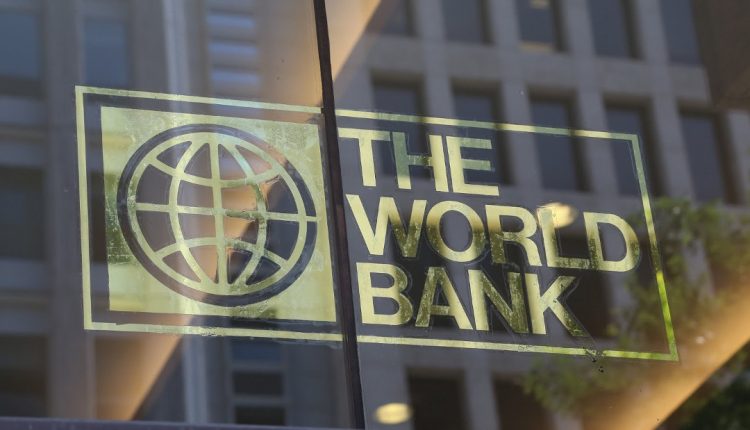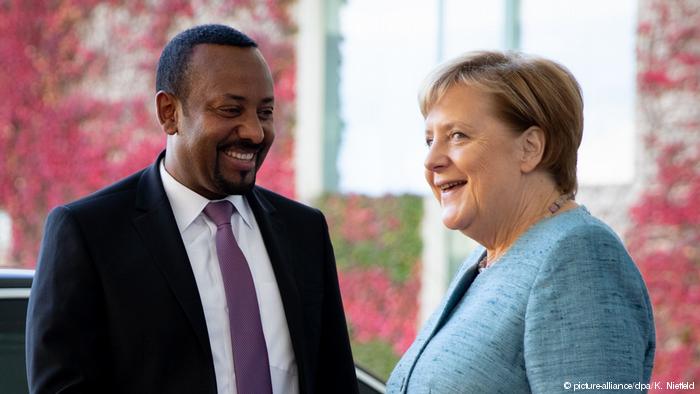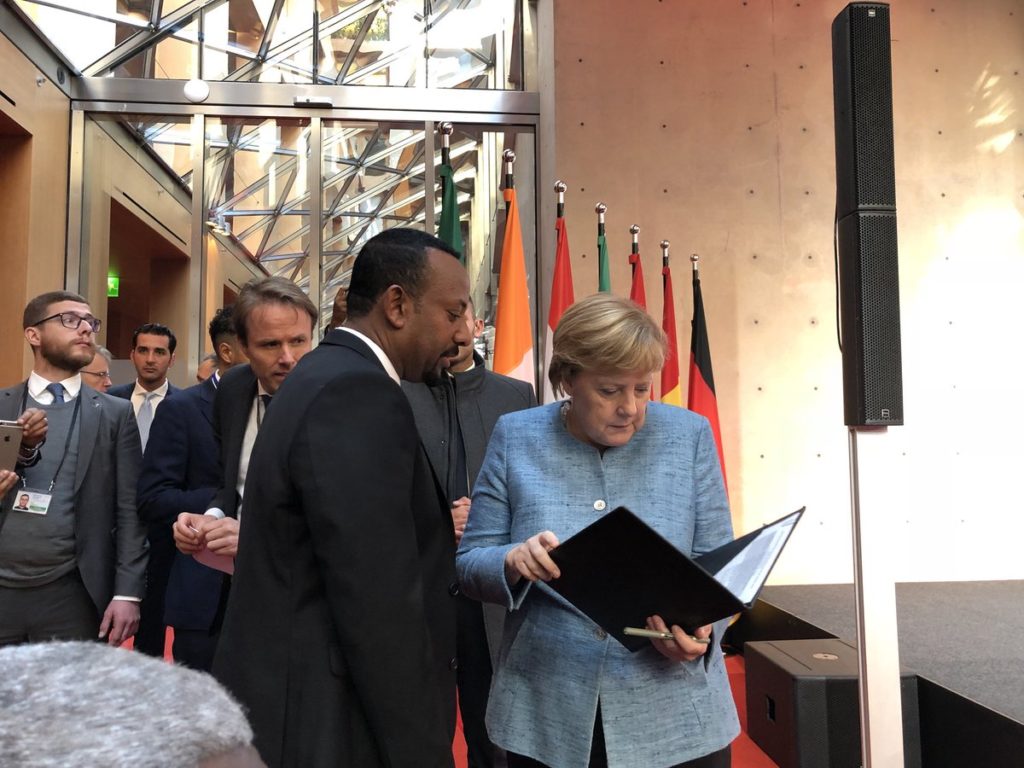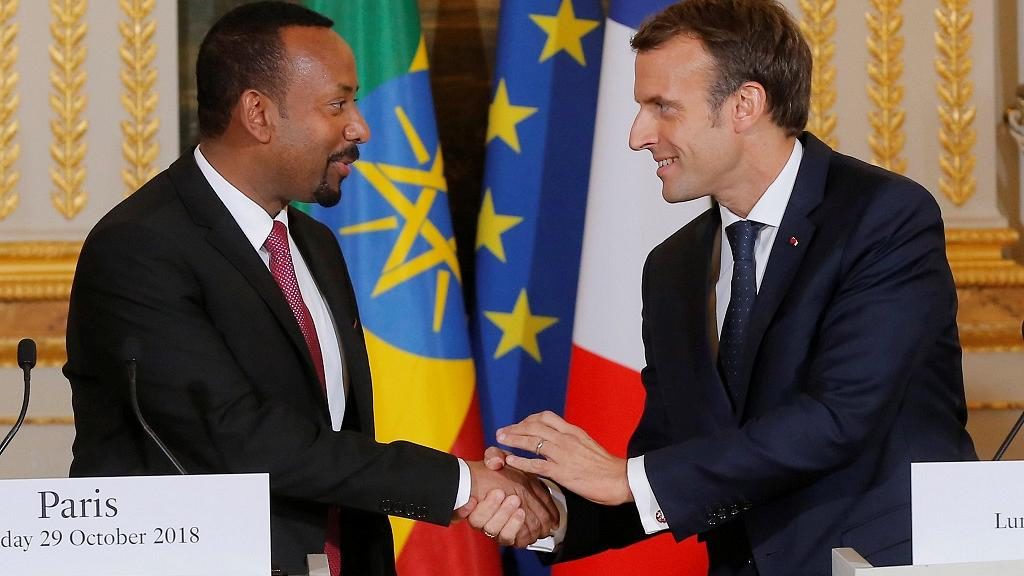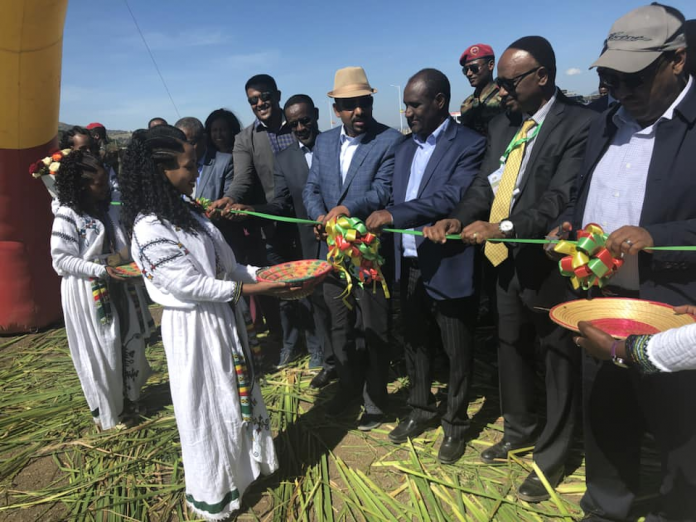
With the assistance of China, Ethiopia is set to launch its first earth observatory satellite in September 2019.
“The satellite will be launched from China while the control and command station will be in Ethiopia. Most preliminary and critical design is done by our scientists,” says Dr. Solomon Belay Tessema, Senior Scientist and Director General of Ethiopian Space Science and Technology Institute at the Addis Ababa University.
China has provided six million dollars in financial support, in addition to training and launching cost.
“Our main goals by launching this first satellite are two. The first one is build technology application capacity and skills of our engineers through collaborations with different countries’ space scientists and institutions. So that they will be in a position to design, build and launch the second satellite independently. The second one is the direct support the first satellite gives to the social and economic development in terms of saving the money the country is currently spending for buying data, such as climate data,” he said.
He stated that the main focus of Ethiopia’s first satellite will be to gather data inputs related to water, agriculture, climate change, and environmental protection. Currently, there are 20 Ethiopian engineers involved in the launching and design of the first satellite.
“We use home-based strategy, which involves local engineers and students at MA and Ph.D.-level to be part of the science and applications of the technology and knowledge transfer,” Dr. Solomon said.
Reports show that in Africa, South Africa and Algeria have already launched their own communication satellite to the orbit so far, while Egypt has ordered one being assembled at the Airbus Assembly in Toulouse. Ghana is also said to be currently developing its own satellite.
In addition to the 20 Ethiopian space engineers, currently, there are some 60 Ph.D. and MA students at the Addis Ababa University Space Science and Technology Institute, which is teaching them in collaboration with Entoto Observatory and Research Center and many universities from across the world. Astronomy and Astrophysics, Space Science ad Application, Remote Sensing ad Geodesy are the four major areas the students are currently studying. Students from other African countries such as Rwanda and Tanzania are also among the students.
Since it has opened its doors for students in 2014, the Institute has been collaborating with Universities of space science in different countries such as United States, United Kingdom, France, Italy, Spain, Russia, South Korea, and Chili.
Florida University, Paris Observatory, Torino and Rome universities, Korean Astronomy and Space Institute, Leister University and Moscow Universities are some of the partners of the Space Science and Technology Institute of Ethiopia where its students jointly exercise applications of space science technology, according to Dr. Solomon.
In addition, he also mentioned that South Africa’s North Western University, South Africa Space Agency, Cape Town University, South Africa Astronomy Observatory and Mbarara University of Science and Technology of Uganda and Rwanda Science and Technology University are also working with his institute.
He stated that the total spending on the satellite is estimated to cost around eight million dollars without taking into consideration insurance training cost. The cost includes design, development, and manufacturing of the satellite, which is done by both Ethiopian professionals and their Chinese partners.
Source: New Business Ethiopia
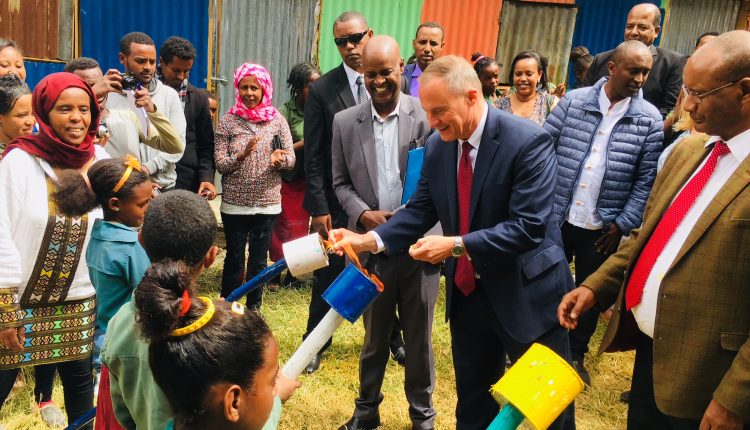
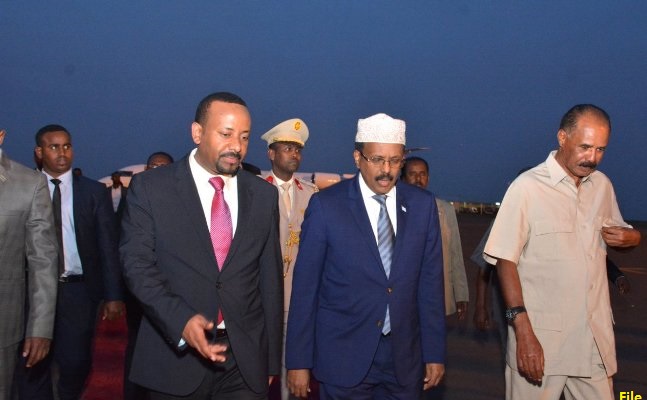


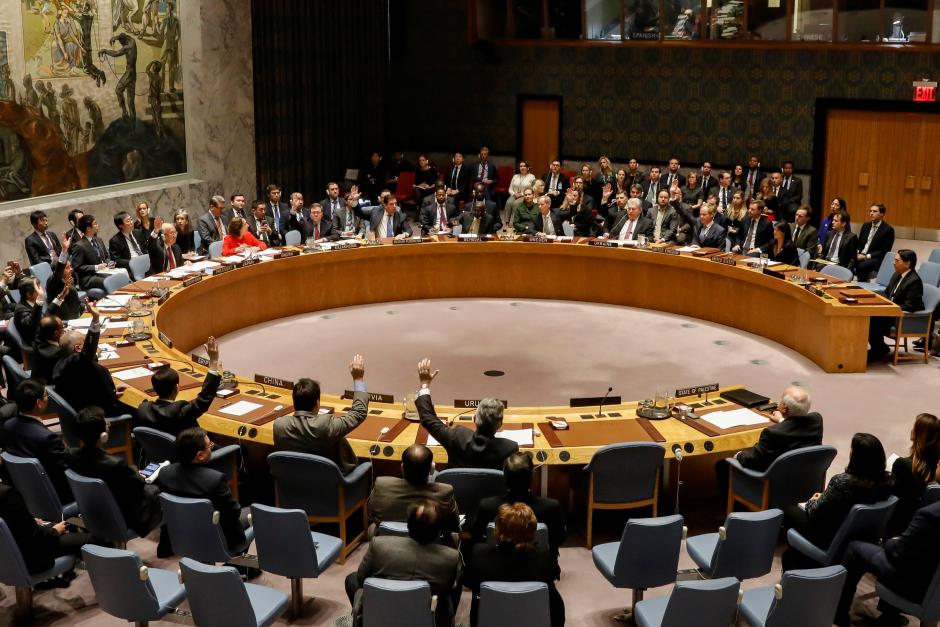
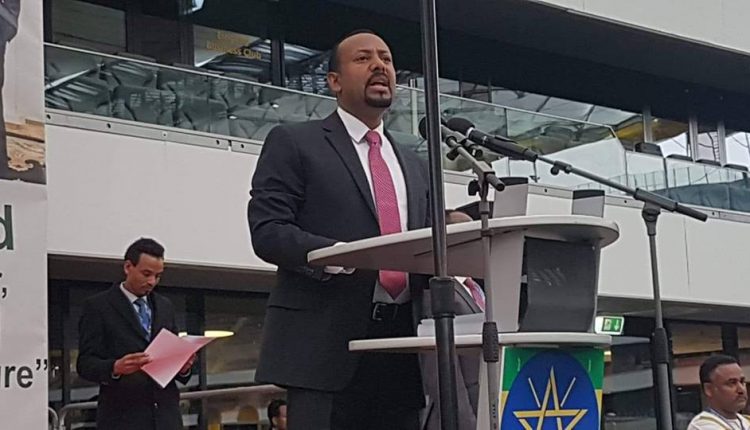
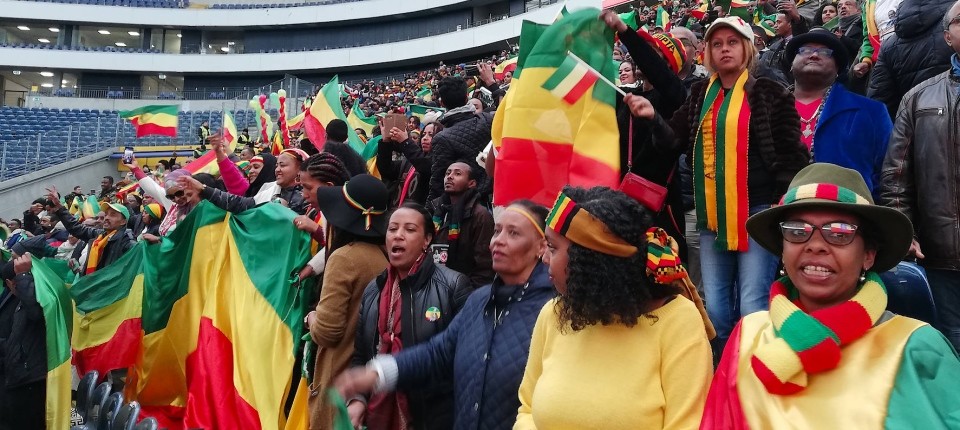
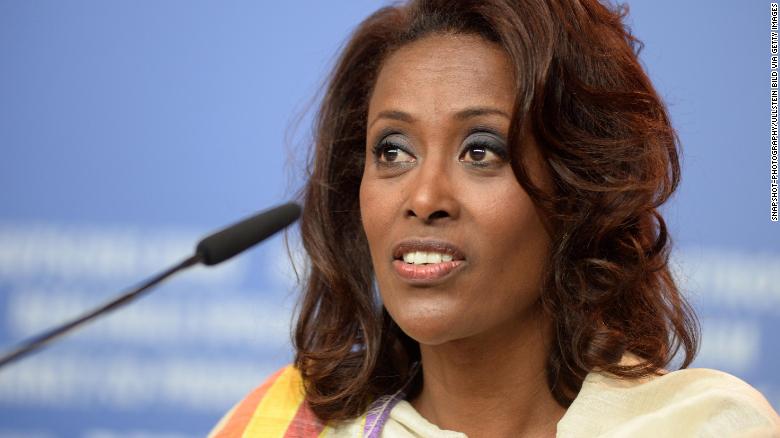
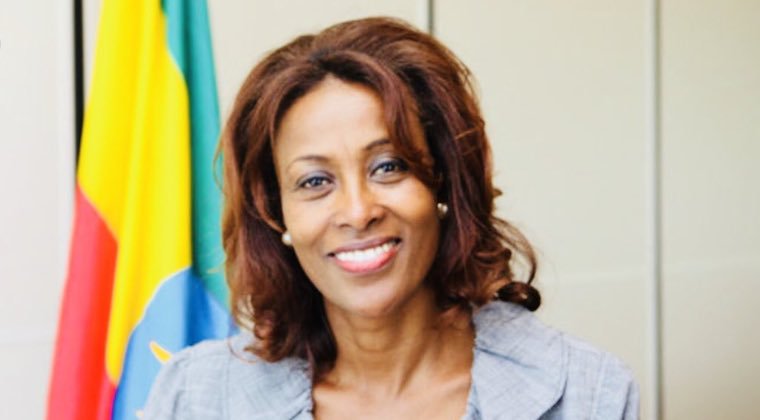 Ethiopia’s parliament on Thursday swore in the country’s first female supreme court president, building on efforts by reformist Prime Minister Abiy Ahmed to achieve gender parity in government.
Ethiopia’s parliament on Thursday swore in the country’s first female supreme court president, building on efforts by reformist Prime Minister Abiy Ahmed to achieve gender parity in government.